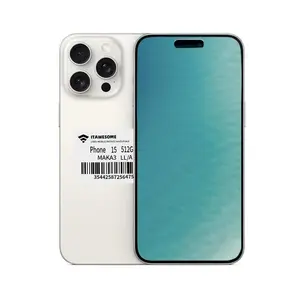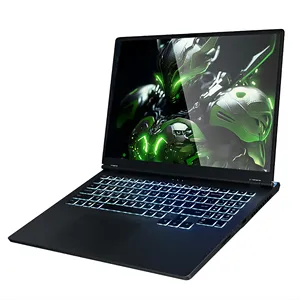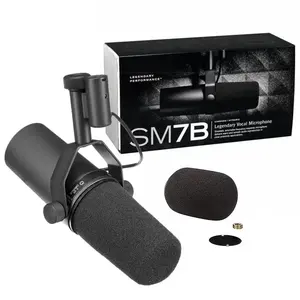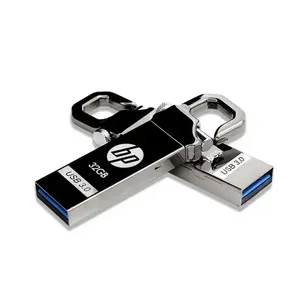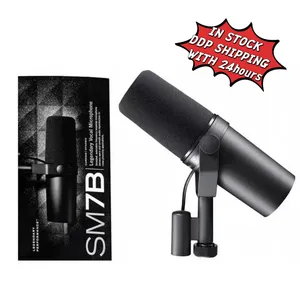Popular in your industry























































Top categories
About mechanical keyboard
A Mechanical keyboard is a type of keyboard that uses individual mechanical switches for each key. This design differs from traditional membrane keyboards, which use a single membrane sheet for all the keys. The mechanical switches underneath each keycap provide a distinct tactile feedback and audible click when pressed, making the typing experience more responsive and satisfying. Each switch usually consists of a housing, a spring, and a stem. When a key is pressed, the stem moves downward, compressing the spring until it actuates an electrical circuit, registering the keypress. The switch then resets to its original position, ready for the next press. These individual switches contribute to the durability of mechanical keyboards, with many boasting a lifespan of 50 million keystrokes or more.
Advantages of Mechanical Keyboards
The distinct tactile feedback and audible click of mechanical switches are favored by many users for the precise and satisfying typing experience they provide. This feature can improve typing speed and accuracy, making mechanical keyboards a popular choice for professions that require extensive typing, such as programmers and writers. Furthermore, the individual switch design allows for customizable keycaps, enabling users to personalize their keyboards with different colors, materials, and profiles. The robust construction of mechanical keyboards contributes to their longevity and durability, making them a long-term investment. Users can choose from a variety of mechanical switch types, each offering different characteristics such as actuation force, travel distance, and noise level. This customization allows users to select the switches that best suit their typing preferences.
Choosing a Mechanical Keyboard
The choice of a mechanical keyboard is a personal one, as it depends on individual preferences, intended use, and budget. When choosing a mechanical keyboard, it's essential to consider the switch type, as different switches offer distinct tactile and auditory feedback. For example, linear switches provide a smooth keystroke without a tactile bump, while tactile switches have a noticeable bump during actuation. These factors can influence the typing experience and help users determine which switch type aligns with their preferences. Users seeking a quieter option may opt for tactile switches with less audible feedback. Gamers may prefer Gaming keyboards with switches tailored for gaming, such as the fast and linear switches of the Razer keyboard or the adjustable actuation of the Apex Pro TKL. The form factor of the keyboard, such as full-size, tenkeyless, or compact, should also be considered based on available desk space and user habits. Furthermore, additional features like customizable RGB lighting, dedicated media controls, and programmable keys can enhance the overall user experience. The build quality and materials used in the construction of the keyboard can contribute to its durability and aesthetic appeal. The keycap material, whether ABS (acrylonitrile butadiene styrene) or PBT (polybutylene terephthalate), can affect the keycap's durability, texture, and resistance to shine over time. Finally, the budget is a crucial consideration, as mechanical keyboards can vary widely in price based on the brand, features, and switch type.
